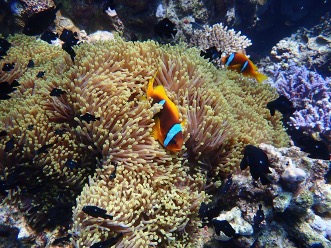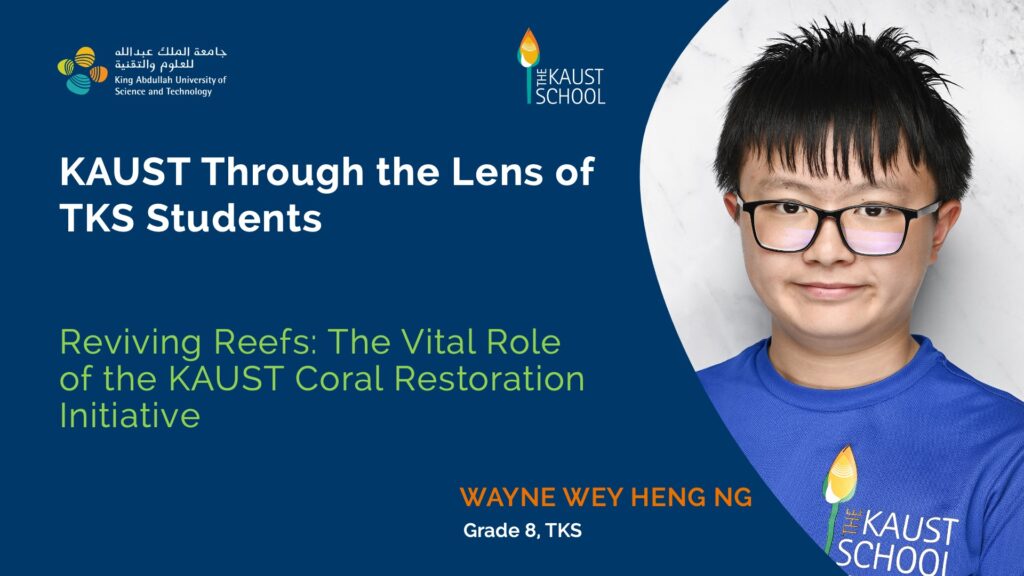
Over the past few weeks, Grade 8 students at The KAUST School have been diving into the world of journalism. They’ve explored different styles of writing and even set up their own media agencies to report on stories happening all around the KAUST community. From school sports and campus gardeners to cutting-edge science, coral restoration, and local start-ups — their coverage has been wide-ranging and full of energy.
Through interviews and hands-on research, these young journalists have shown real curiosity, creativity, and professionalism. As part of a fun competition, eight top articles have been chosen by TKS to appear in The LENS over the next month as part of the ‘KAUST through the lens of TKS students’. As a note, these articles reflect the students’ creative work as part of a school project and have been selected based on their creative writing skills. We hope you’ll enjoy reading their work and help us celebrate what they’ve accomplished!
Reviving Reefs: The Vital Role of the KAUST Coral Restoration Initiative
– By Wayne Wey Heng Ng, Grade 8, The KAUST School
Coral reefs have always been known as an immensely beautiful and biodiverse ecosystem, with bustling shoals of fish roaming and a landscape dotted with vibrant towers of coral. However, the waves currently churn above a wasteland of utter despair where a graveyard of bone-white coral lays, a far cry from the bustling ecosystem it once was. Unfortunately, this degradation is not just a localized incident but one small part of the global decay of the coral reefs. Coral reefs are massive ecosystems that over a quarter of all marine life call home while only taking up less than 1% of the ocean’s space. The fact that there are so few coral reefs on the planet means that we must protect the little coral that we have to allow the species that depend on them to survive and thrive on the planet. However, they are currently facing extreme stress from the rising water temperature, threatening up to 90% of all coral reefs worldwide. The King Abdullah University of Science and Technology has risen to the challenge of preserving these wonderful ecosystems; even so, more universities and people must support and contribute to this initiative and others like it around the world.
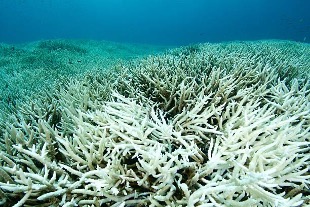
Before we talk about how other people can help, we should focus on what KAUST is doing to restore coral reefs. KAUST launched its Coral Restoration Initiative in collaboration with another project called NEOM, a region in the Kingdom of Saudi Arabia where the king is building a purpose-built city, which is the “biggest coral restoration ever executed on earth,” according to the chief scientist of the Initiative, Professor David Suggett. Currently, the highly ambitious target of the initiative is to restore 100 hectares (1 kilometer), or 2 million coral, around NEOM’s Shusha Island by 2030. These corals will come from two coral nurseries in NEOM, with one of them being an on-site, underwater facility off the coast of Shusha Island (which produces 100,000 corals a year), and the other facility is a land-based nursery around Hata Bay in NEOM (which produces 40 000 corals a year). In fact, the first corals from these nurseries arrived at Shusha Island last month, which is the first step in this target of regenerating the reefscape at Shusha Island and then, restoring coral reefs around the world.
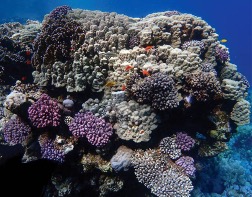
Despite the ambitious target that the initiative has set, as Professor David says, “This is just a means to our goals.” That is because the KAUST Coral Restoration Initiative’s real goal is to regenerate reef areas to improve biodiversity through innovative means. The innovation in this initiative is important because it is the largest coral restoration project on the planet (with it being 100 times larger than other coral projects), and innovation has to be done to overcome challenges in terms of the scale of the project. The innovations that this initiative will provide may help other small-scale coral restoration projects around the world and be the first step in a global initiative to save coral reefs. Since KAUST has begun restoring its coral reefs, there is no excuse for other universities not to follow in its footsteps and launch their own coral projects to save the corals and the species that depend on them.
Contrary to what some people may think, coral restoration is not likely to fully restore coral reefs within our lifetimes. That is because corals have exceptionally long life spans. Thus, it takes a long time to see the results of this initiative and others like it. For example, a coral as large as a dinner table is hundreds of years old and is not something that can easily be replaced, no matter what technology and innovation we may discover. However, this does not mean that we can stop trying to save these ecosystems. In fact, it shows that we must try even harder to preserve and restore the coral reefs that we have left, whether it is an individual project or a university initiative to save the coral.
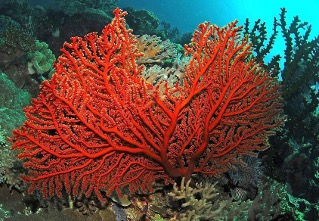
Nevertheless, the KAUST Coral Restoration Initiative should not be doing this alone. Other coastal universities should strive to help save these wonderful ecosystems by launching their own initiatives and aiding this global project to save these biodiverse ecosystems. Additionally, KAUST must take the initiative by contacting other coastal universities to collaborate with them to save the coral reefs not just in the Red Sea but worldwide. However, it shouldn’t just be universities trying to save the coral reefs; every single one of us, whether you work on saving corals as a profession or have never seen a coral reef with your own eyes, must try and help save the coral reefs from annihilation. It is as simple as not giving up hope on corals just yet and considering how your choices may impact the environment, such as whether you should use a plastic water bottle or bring your own bottle. All of these small decisions from each and every one of us will help KAUST and other coastal universities fight the degradation of coral reefs and allow for the continued survival of these wonderful and biodiverse ecosystems of the sea for generations to come.
